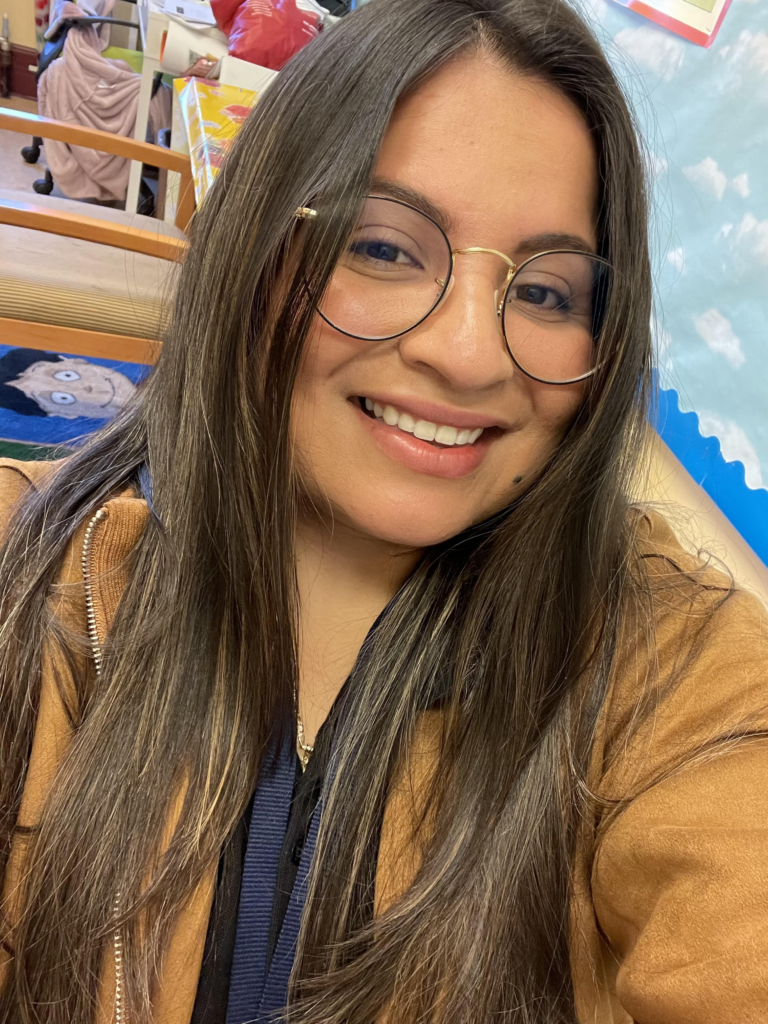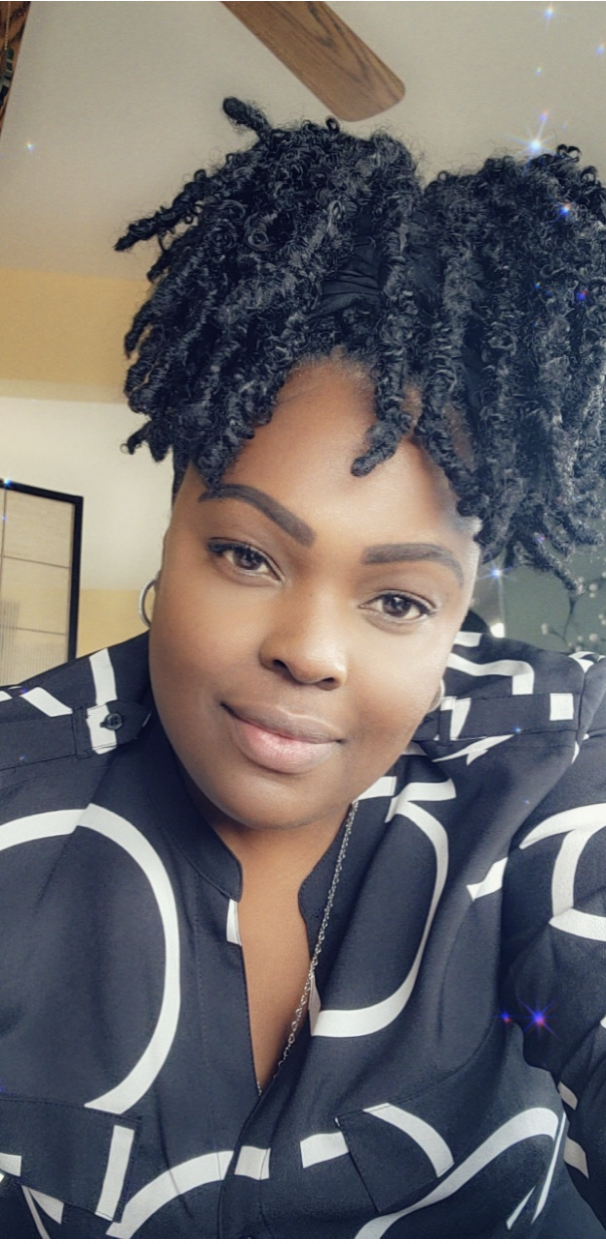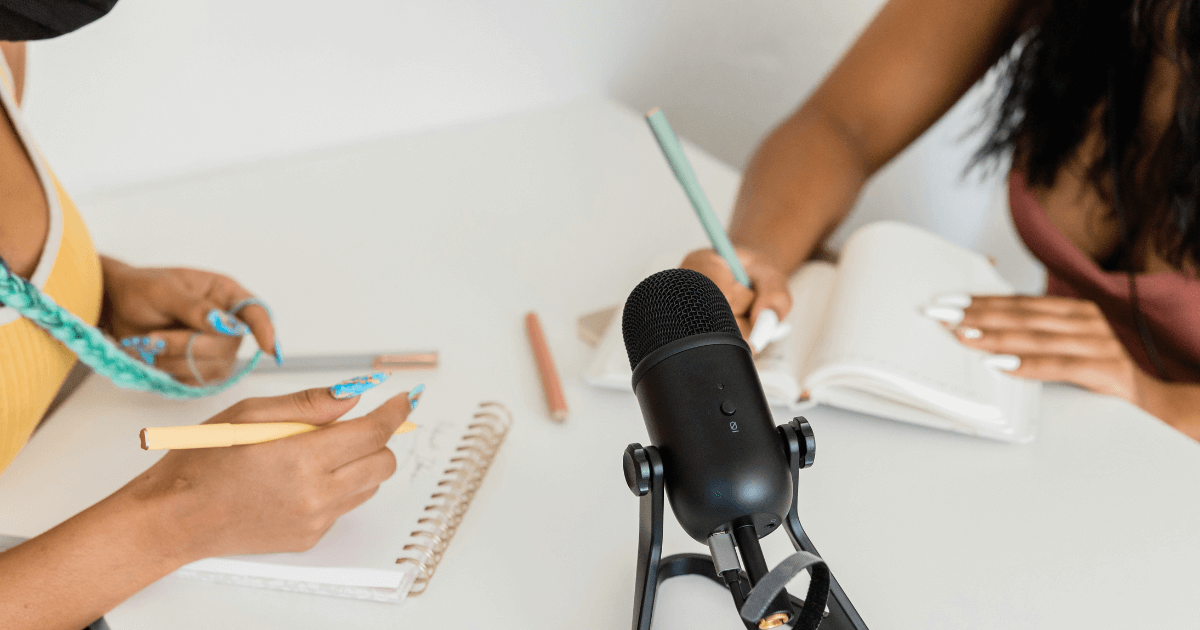Relationship building and co-creation with narrators and project partners are key to an ethical storytelling process. Recently, we checked in with two of VOW’s longterm collaborators to hear what they’ve been up to.
Luz Hernandez

Born in Honduras, Luz survived abuse and serious health challenges before migrating to the US at age 14. After experiencing mistreatment in the foster care system and homelessness in the Bay Area, she graduated from college and worked as a housing case manager for foster youth. Luz shared her story with us under the pseudonym Soledad Castillo in Solito, Solita and again in 2020 for Unheard Voices of the Pandemic.
From Solito, Solita: Crossing Borders with Youth Refugees from Central America: “The gangsters took money from my father, so we didn’t have enough money to eat for the rest of the trip. We stayed in Guatemala for one day and then got in a van to go to Mexico. We went from van to van. We had to lie down with many people, one on top of the other. The coyotes [smugglers] put cardboard on top of us so La Migra [the authorities] wouldn’t see us if they pulled us over. It was hard to breathe, and we didn’t eat either. They didn’t want to stop.”
Luz is currently a student at UC Berkeley Social Welfare Master’s Program. One of Luz’s goals is to support young people in the community who come from financially and educationally disadvantaged backgrounds. She has a strong desire to help people of color, especially undocumented young people. She wants to show marginalized communities that there are people out there that care about their physical, social, and emotional well-being. Luz believes each of us is unique; that we all have our stories and purposes in this world. She strongly believes that our traumas and experiences don’t define us, and she aims to build a community full of powerful and determined youth.
VOW: What are you up to these days?
Luz: I’m about to start my second year in UC Berkeley’s Master of Social Welfare (MSW) program. This summer, I’ve been working four days a week as Project Assistant at East Bay Sanctuary Covenant. I’m also continuing to work with filmmaker Shabnam Piryaei on the participatory project documentary, “No Separate Survival” about asylum seekers. This fall, in addition to my classes, I’ll be interning at Child Protective Services and also preparing to earn teaching credentials for school social work.
VOW: That’s amazing. How has life changed since your story was published in both Solito, Solita and Unheard Voices of the Pandemic?
Luz: I am more open about who I am now and proud of the person who I have become, regardless of the challenges I have experienced before. I am currently mentoring two students, one at City College of San Francisco and one incoming UC Berkeley undergrad. I am proud to use my voice and experiences to inspire other students.
Hanima Eugene

We first met Hanima Eugene in 2019 through the Underground Scholars Initiative, a student organization on the UC Berkeley campus that focuses on recruitment, retention, and advocacy for formerly incarcerated and system-impacted individuals. She was a graduating senior at UC Berkeley just three years after being paroled, and joined VOW’s Education Advisory team. We wanted to hear about Hanima’s experience during the early days of the COVID-19 pandemic, which was occurring during a pivotal stage in her life. From Unheard Voices of the Pandemic:
“My plan is to work with incarcerated women, doing research on law and social factors, especially California murder and domestic violence laws that remain on the books and denote women as property. There are a lot of criminalized survivors in prison, so I want to collaborate with those women to perform research to create reports and develop some policy recommendations to support and help free them. My main concern is what the country will look like in the next couple months. I thought I had everything planned out. I was going to graduate; I had interviews scheduled. I thought I had it pretty mapped out so I could transition back into full-time employment. But coronavirus disrupted everything in my life…Formerly incarcerated people are struggling and have additional barriers.”
VOW: What are you up to these days?
Hanima: I am currently working with Community Works, leading the organization’s reentry works panning San Francisco, Alameda, and Contra Costa counties. I’m working with the CA Coalition for Women Prisoners as Coordinating Committee leader and supporting Survived & Punished National as part of its leadership body. As cofounder and executive director of Unapologetically HERS, we launched our inaugural Participatory Action Research Leadership program inside of the Central CA Women’s Facility.
VOW: Thank you for sharing. How has life shifted since your story was published in Unheard Voices of the Pandemic?
Hanima: I have taken on greater responsibility as primary caregiver for my now 90-year-old grandfather who recently suffered a stroke and is unable to do things he once could. I have had to advocate and learn how to navigate the Veterans Administration and Medicare systems to ensure that my grandfather has the support he needs to live comfortably in his old age. I have also been spending a lot more time with my son, rebuilding a relationship that was all but shattered during my incarceration and supporting him through various life transitions.
VOW: Is there anything you want readers to know about you, your current work, and/or your community?
Hanima: Advocacy is a way of life. I have spent the last 20 years advocating for myself, and others similarly situated and impacted by the criminal legal system. Today, I am making time to do more advocacy for our elders who are unable to navigate these systems on their own and who are in desperate need of support and guidance. Advocating for basic needs and entitlements is pivotal in the journey towards equity for all.




